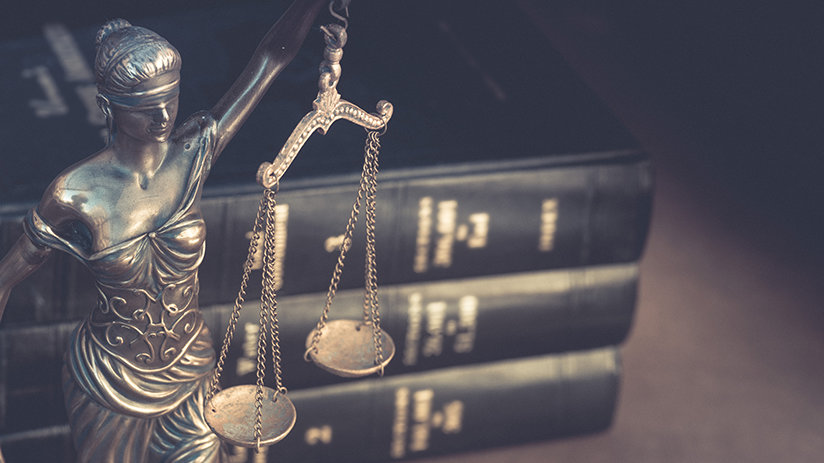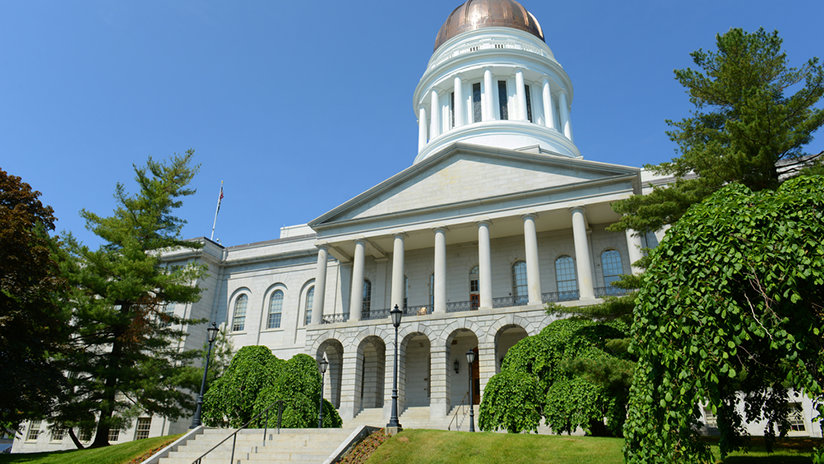
-
HOME
-
WHAT IS STANDOur Mission Our Values Our Help Contact
-
WHAT WE FIGHT FORReligious Freedom Religious Literacy Equality & Human Rights Inclusion & Respect Free Speech Responsible Journalism Corporate Accountability
-
RESOURCESExpert Studies Landmark Decisions White Papers FAQs David Miscavige Religious Freedom Resource Center Freedom of Religion & Human Rights Topic Index Priest-Penitent Privilege Islamophobia
-
HATE MONITORBiased Media Propagandists Hatemongers False Experts Hate Monitor Blog
-
NEWSROOMNews Media Watch Videos Blog
-
TAKE ACTIONCombat Hate & Discrimination Champion Freedom of Religion Demand Accountability
Pennsylvania Becomes Final US State to Repeal Ban on Religious Garb in Public Schools
On November 6, the governor of Pennsylvania signed into law a bill that makes Pennsylvania the final state to permit teachers to dress in clothing that reflects their religious beliefs. By repealing an 1895 provision from the State Public School Code, the Pennsylvania legislature removed the last piece of a decades-old block to religious freedom.

Across America, then, Jewish public school teachers will be free to wear yarmulkes in class, Muslims to wear hijabs, Sikhs to wear turbans and Mennonites to wear “plain dress”—in short, any and all religious attire may now be worn by America’s teachers without penalty.
The roots of the old law date back to a push by the American Protective Association—an anti-Catholic secret society.
The repealed section was part of the Pennsylvania Public School Code of 1949, originally intended by the anti-Catholics who agitated for it to discourage Jews and Catholics from teaching in public schools. It read: “No teacher in any public school shall wear in said school or while engaged in the performance of his duty as such teacher any dress, mark, emblem or insignia indicating the fact that such teacher is a member or adherent of any religious order, sect or denomination.”
Violating the ban carried a penalty of suspension for one year and, if the offense was repeated, the teacher would be permanently disqualified from teaching at the school. Any school official failing to enforce the provision could be held liable for a crime and subject to a fine.
Although the provision ultimately failed to discourage members of the two target religions from teaching, it has presented a barrier to teachers who are observant Muslims.
The roots of the old law date back to a push by the American Protective Association—an anti-Catholic secret society that flourished briefly in the 1890s—that introduced the provision into the state’s law books in 1895. The plan was to make it next to impossible for Catholic nuns and priests to teach in Pennsylvania’s public schools as it was thought those clergy would refuse to exchange their garb for ordinary clothes. As it turned out, however, the priests willingly shed their collars, but the nuns refused to wear street clothes.
But in 2003, an instructional assistant at an elementary school who had been suspended for refusing to cover or remove her cross necklace went to court claiming her free exercise of religion and free speech—as guaranteed by the First Amendment—had been violated by the suspension. Judge Arthur J. Schwab, finding in her favor, ordered that the elementary school reinstate her and, in the wake of his decision, new legislation was drafted to prevent future such infringements on freedom of religion and expression. On October 30, State Senate Bill 84 repealing Section 1112 passed unanimously in the state senate and by a 201-to-1 margin in the assembly.
STAND applauds Pennsylvania lawmakers for preserving the religious freedom guaranteed by the Constitution and preventing teachers from being forced to choose between their profession and their faith.






